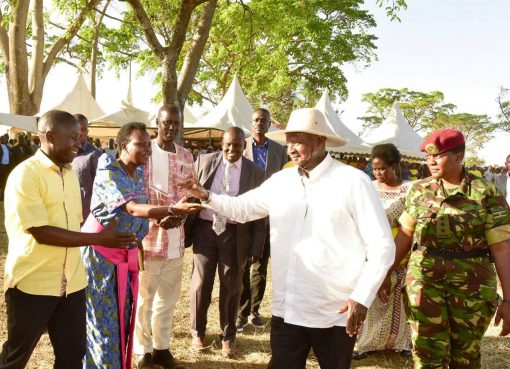COVID-19 is driving sub-Saharan Africa towards its first recession in 25 years.
According to the latest Africa’s Pulse, a biannual update on the region published by the World Bank, growth is forecast to fall from 2.4 per cent last year to between negative 2.1 per cent and negative 5.1 per cent in 2020.
In its analysis, the World Bank expects Covid-19 to cost the region between $37 billion and $79 billion this year.
The factors behind this drop in revenue include disruptions to trade, especially for countries that rely heavily on commodity exports; a drop in foreign financing as sources like remittances and tourism dry up; and the disruption to business as governments institute measures that restrict consumption.
“The Covid-19 pandemic is testing the limits of societies and economies across the world, and African countries are likely to be hit particularly hard,” said Hafez Ghanem, the World Bank’s vice president for Africa, in a statement yesterday.
“We are rallying all possible resources to help countries meet people’s immediate health and survival needs, while also safeguarding livelihoods and jobs in the longer term – including calling for a standstill on official bilateral debt service payments, which would free up funds for strengthening health systems to deal with Covid-19.”
The Bank wants African government to put in place social safety nets that would boost food security, help workers who get laid off, and support small and medium businesses.
It recommends that regional policymakers institute measures that are cognisant of their economic realities, especially a reliance on the informal sector, high debt levels that limit their fiscal options, and their generally low operational capacity to respond to the health crisis.





